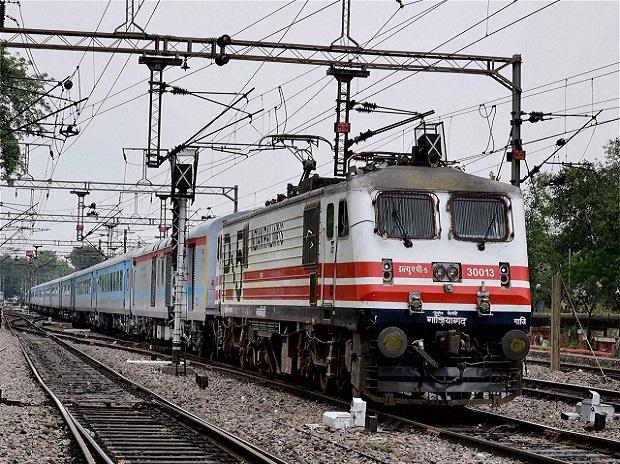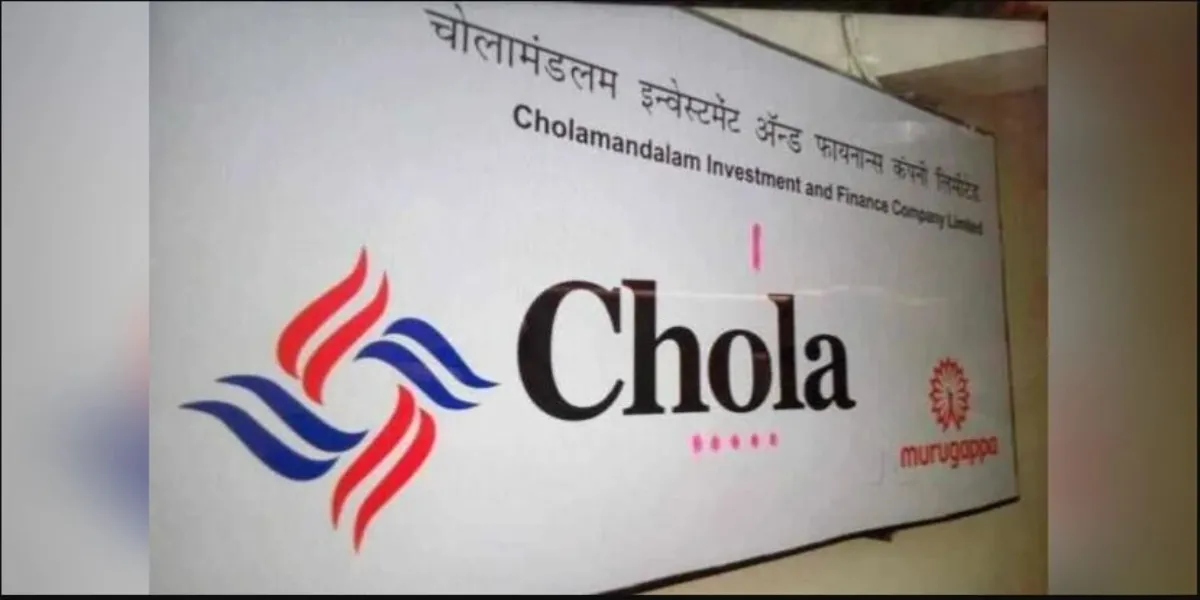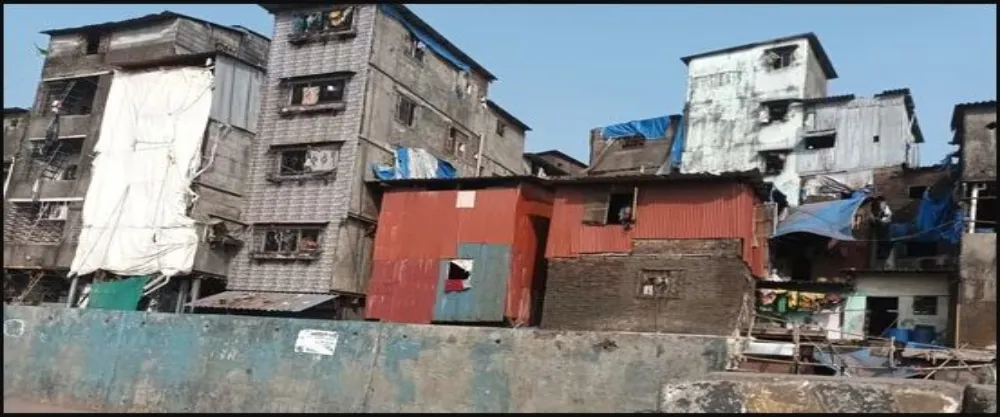
Govt proposes revival of apprenticeship programme to Indian Railways

GHMC Launches Drive To Boost Property Tax Revenue
The Greater Hyderabad Municipal Corporation (GHMC) has launched a special campaign to enhance property tax revenue from non-residential and commercial properties by reassessing their total built-up area. Any discrepancies identified during inspections will trigger immediate revision of both property tax and trade licence fees, officials said. The initial phase of the drive focuses on shopping malls across Hyderabad, with over 300 such establishments identified in the twin cities. After the mall inspections, GHMC will extend the verification process to other non-residential properties, includi..

Cholamandalam To Raise Rs 10 Billion Via NCD Issue
Cholamandalam Investment and Finance Company has invited bids to raise up to Rs 10 billion through secured non-convertible debentures (NCDs) maturing on 14 October 2030, offering a coupon rate of 7.58 per cent. The NCD issue, announced on Monday, comes at a time when corporate bond activity — which saw strong momentum in the first quarter of FY26 — has slowed during the second quarter owing to rising borrowing costs. However, market analysts anticipate a rebound in the coming months as easing bond yields could reignite investor appetite for corporate debt instruments. The company’s fu..

Maharashtra Approves Cluster Redevelopment For Mumbai Slums
The Maharashtra cabinet has approved a cluster redevelopment scheme for Mumbai’s slums, paving the way for large-scale urban renewal and improved living standards across the city’s informal settlements. The decision, taken on 7 October, seeks to convert slum clusters spread over more than 50 acres into integrated housing projects equipped with modern infrastructure and better amenities. To be implemented by the Slum Rehabilitation Authority (SRA), the initiative aims to accelerate redevelopment, attract private investment, and stimulate construction activity. According to a statement from..
















